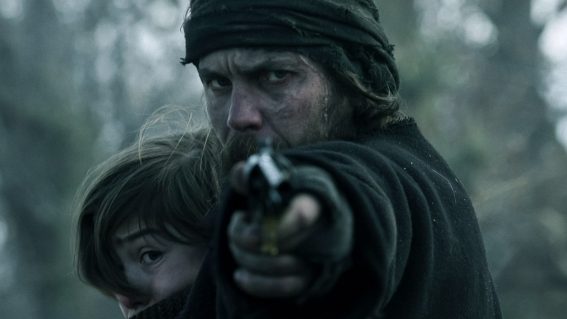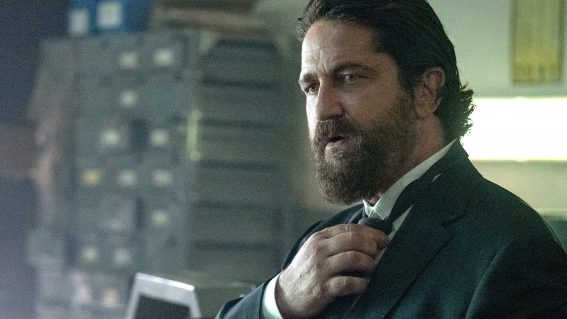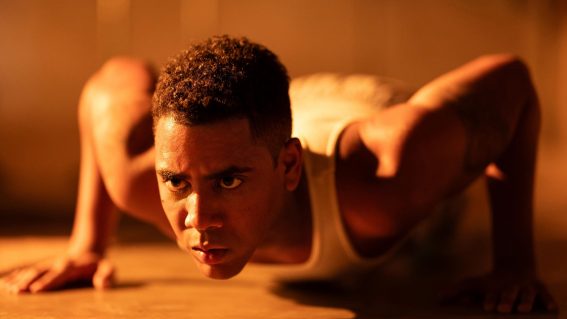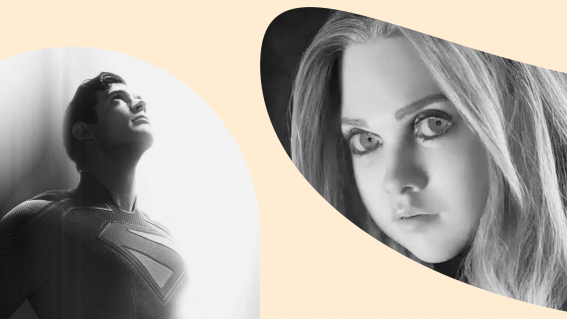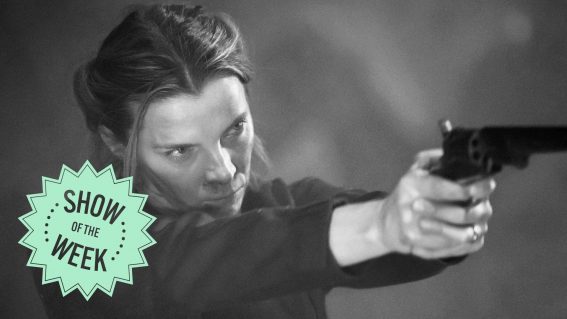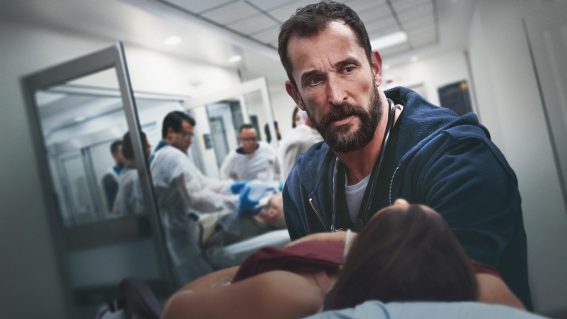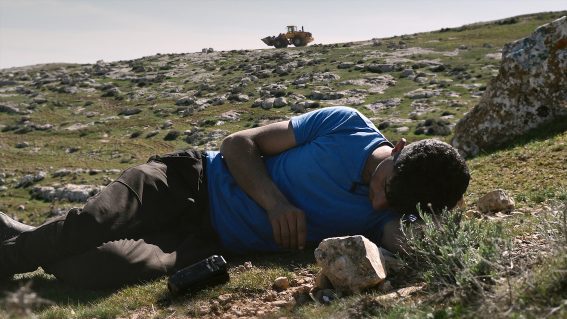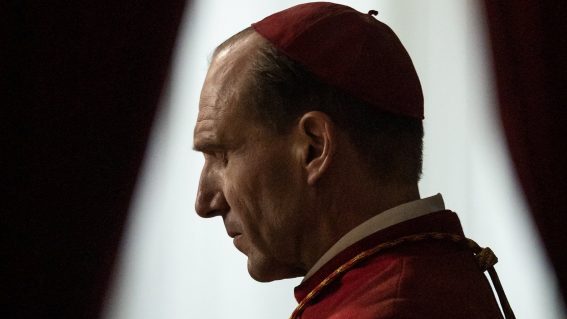The line between law and justice gets murky in uniquely Aussie series Critical Incident
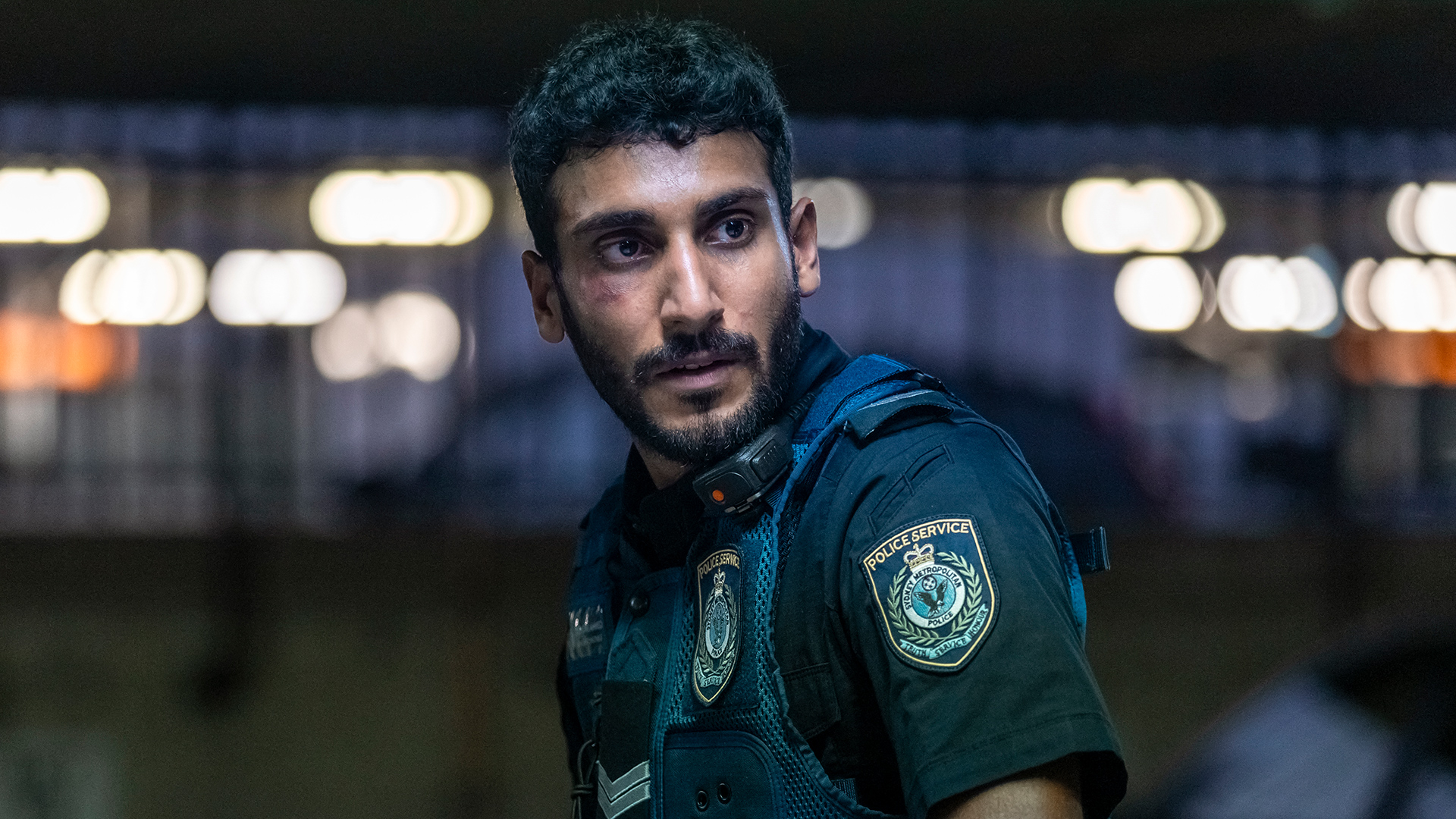
Real-life experiences in Australia’s juvenile justice system inspire gripping psychological crime drama Critical Incident – streaming on Stan. The show deftly visits moments, and helplessly human characters, that can change the course of fate, says Eliza Janssen.
Everybody wants to do the right thing. It sounds so simple, as if there’s one just and good response that’ll save the day, even in the most unclear situations. The new Stan Original series Critical Incident is populated with such virtuous characters—boys and girls in blue, who see the world in black-and-white terms until greyness clouds their lives. As each of the crime show’s six gripping episodes unfolds, the line between the law and justice itself becomes hopelessly murky. One small motion can tip us in the wrong direction—one wrong nudge of the shoulder in the heat of a chase.
Our pair of protagonists exemplify this binary cleanly—Senior Constable Zilficar Ahmed (Akshay Khanna) and troubled teen Dalia Tun (Zoë Boe). Both are minorities in spaces led by white superiors, championed for their good behaviour and then banished for their mistakes just as quickly. Zil’s boss (Erik Thomson) literally describes him as “a good one”, and his handsome face is on a damn banner in his Blacktown station’s lobby; hands locked on his hips, text above his head reading ‘REPRESENT’. On the other side of the coin, Dalia seeks control and excitement in a new relationship with a rat-tailed dealer bad boy (Jai Waetford)—anything to escape the oppressive ennui of her life at a group home.
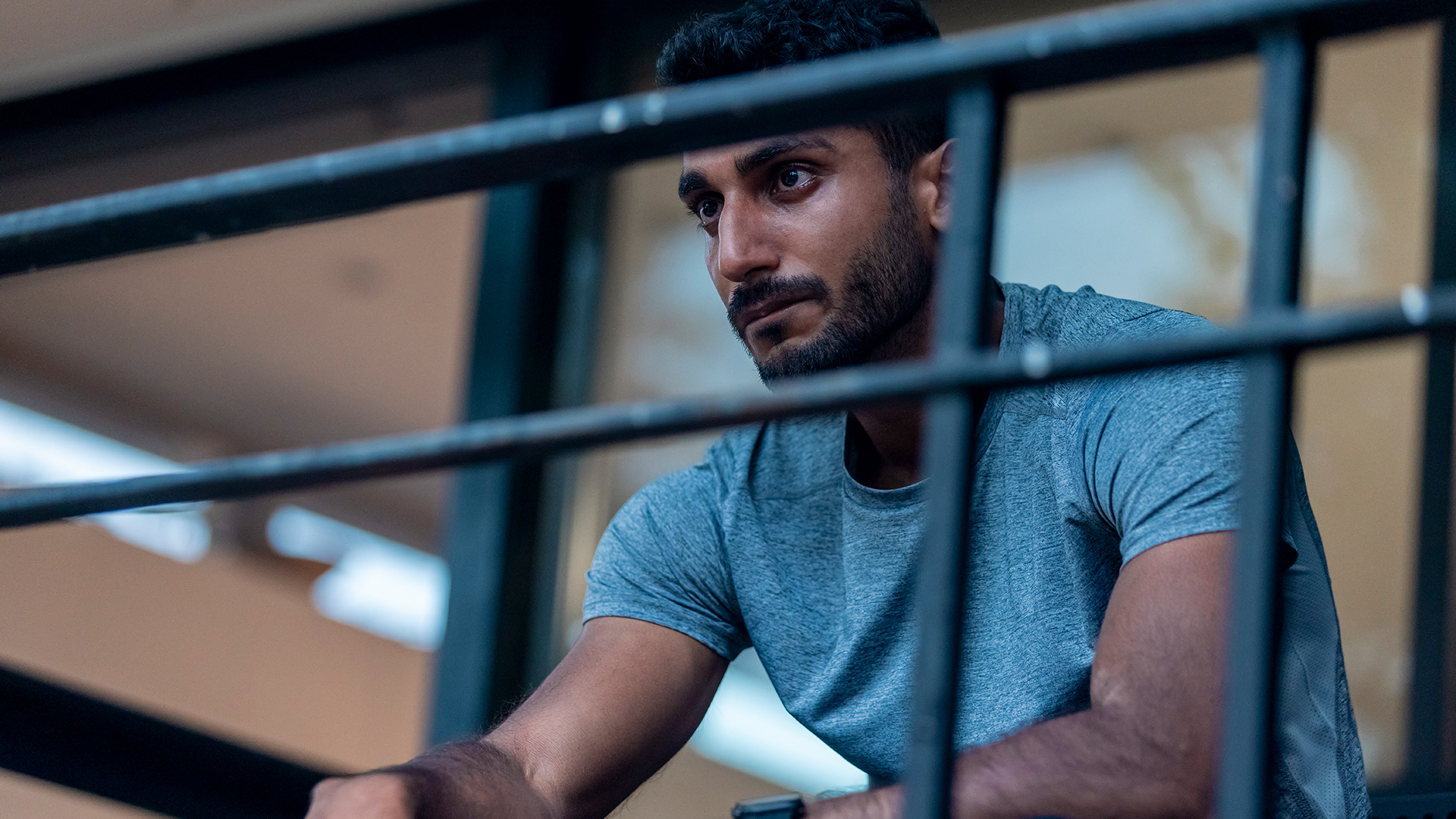
After their chance encounter at a suburban house party turns violent, these two characters will be forever locked together in a web of ever more wounding consequences. Series creator and writer Sarah Bassiuoni captures the fast-changing nature of their accidental connection through pivotal, pacey moments, ably capturing both crook and cop perspectives in nimble action sequences. Dalia is uncertainly pinned with injuring Zil’s partner both on the force and in life, Sandra (Roxie Mohebbi); when he spots her the next day, he recklessly pursues her; and in their mutually desperate scuffle at a West Sydney train station, a completely unrelated bystander suffers a shocking injury. This final 15-minute dash of the pilot episode is gasp-including, after the slow-burn chaos of the party scene earlier—we suddenly feel, just as all the series’ characters do, that shit just got too real.
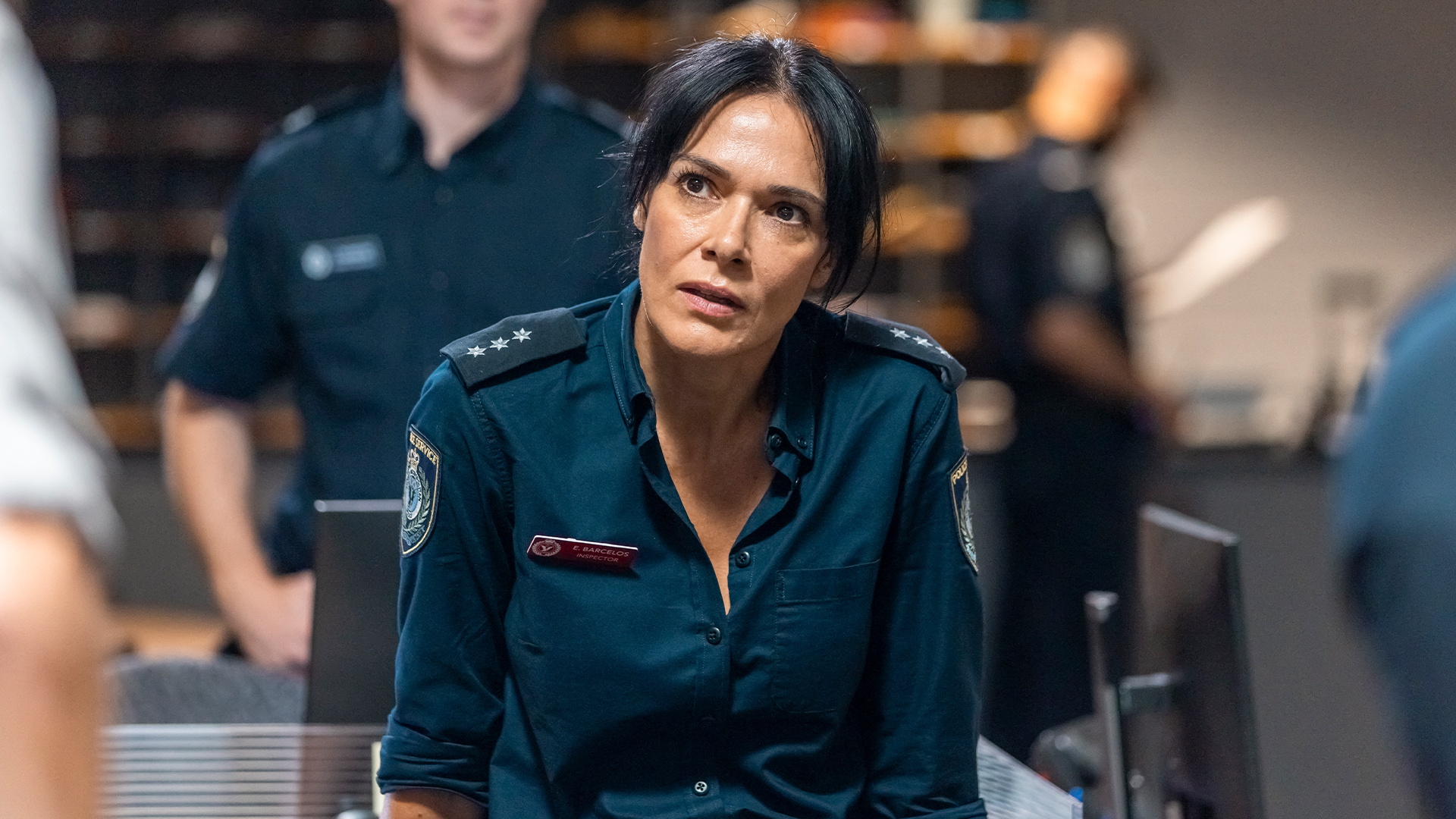
Yellowjackets star Simone Kessell is Detective Edith Barcelos, assigned with weighing both Dalia and Zil’s perspectives for an internal report. “Were you well rested?”, the detective probes him; “were you clear-headed, and not after retribution for Sandra?” She lays out the big questions Critical Incident forces us to confront—namely, why did both parties run? What makes anyone run towards escalation, to short-term solutions for complex long-term problems? Dalia’s trying to escape responsibility while Zil needlessly and wrong-headedly sprints at it, but both arrive at the same doomed destination.
Critical Incident maintains a cool but never clinical atmosphere of empathy for all its characters, even the talented Hunter Page-Lochard as a domineering young drug lord. The show avoids feeling like a typical bit of cops-and-robbers binge material—or worse, copaganda—in how frankly it suggests the dark side of law enforcement. As much as we might feel for Zil, Sandra and their bickering pals on the force, that camaraderie can also sour into a very believable groupthink. Led by Zil’s colleague Constable Hall (Jackson Heywood), the Sydney cops close ranks to uncritically protect one of their own, insinuating that his single-minded ideals and principles could screw over the whole institution. “No one’s asking you to lie, mate”, Heywood sneers in a heavy locker-room convo: “It’s about being a team player.”
The series’ real emotional core, however, lies in Dalia’s downward spiral. As Kanna’s hero cop loses himself in a morass of guilt and doubt, Boe takes centre stage as a young woman whose fragile situation is at odds with her strength and gutsiness—and sometimes, her self-destructive adolescence. “A frequent flyer at youth court” and a woman of colour, Dalia is exactly the kind of vulnerable Australian law enforcement is improperly equipped to deal with, and nobody in her life can give her the support she clearly needs. We all hear the show’s social critique loud and clear, when Dalia’s group home manager coos that “it’d be great to get you to a place where you realise you don’t have to run from the cops.” Does such a place exist? You won’t see it in Critical Incident.
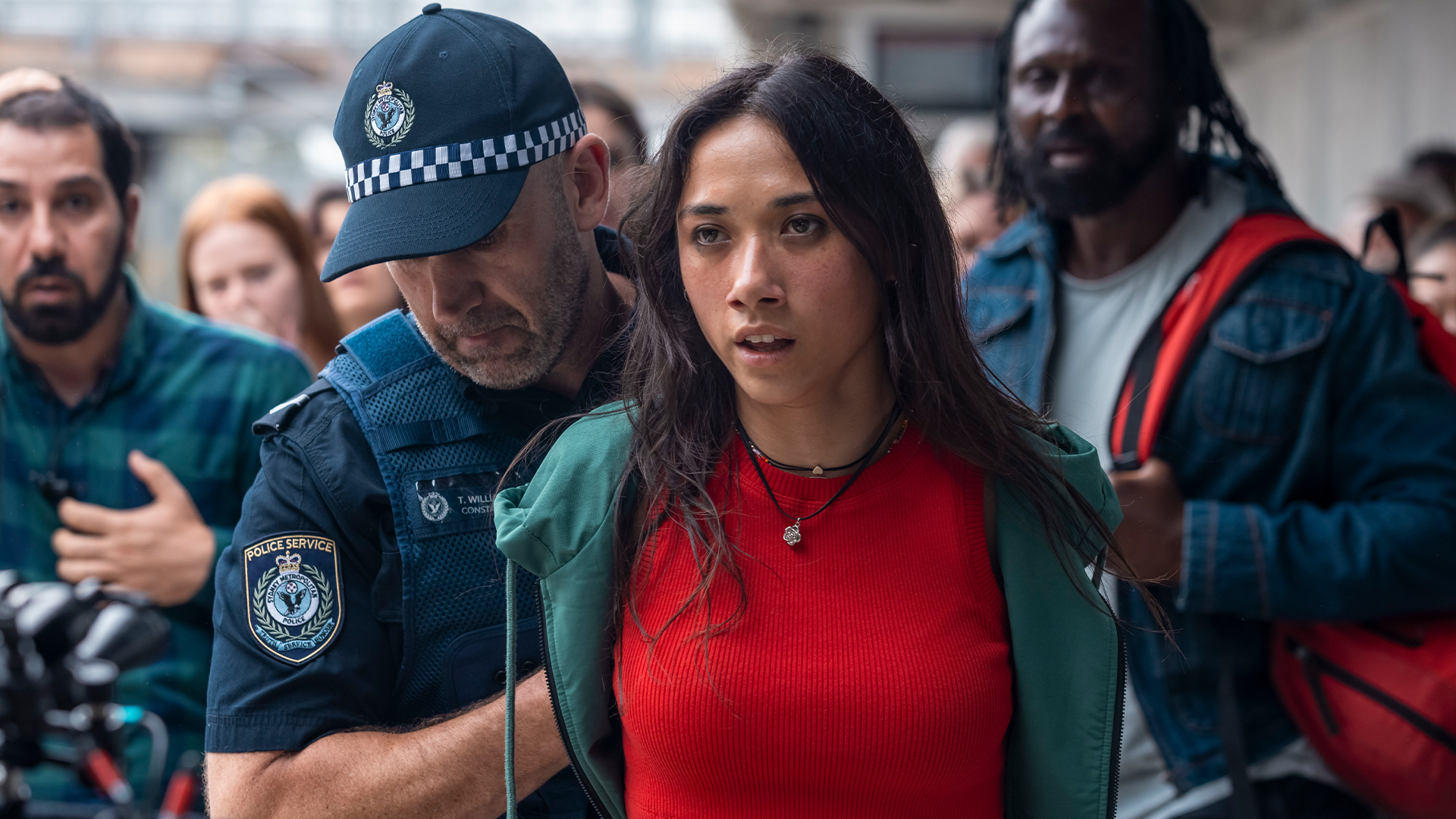
As our worlds-apart protagonists clash over and over again, and procedures such as bail checks and strip searches take on sinister, bullying stakes, the pace the series has built to can become bewildering. Dalia’s involvement with Page-Lochard’s narcotics operation snowballs into a threat very quickly, and the show ends on an abrupt, gut-punch note. But then again, the devastating difference a day makes was baked into the plot from the beginning. In the series’ pilot, characters note aloud when something “makes their day” or “ruins their day”—a sunny Friday, Thomson’s Superintendent remarks, hot as hell and packed with incidents of punters going too hard too early.
This clear-eyed and uniquely Australian show is deft in how it visits those moments, and those helplessly human characters, that change the course of fate in between blinks. The choice to run away from consequences, the series claims, is a looped track, with no clear road to doing the right thing.



